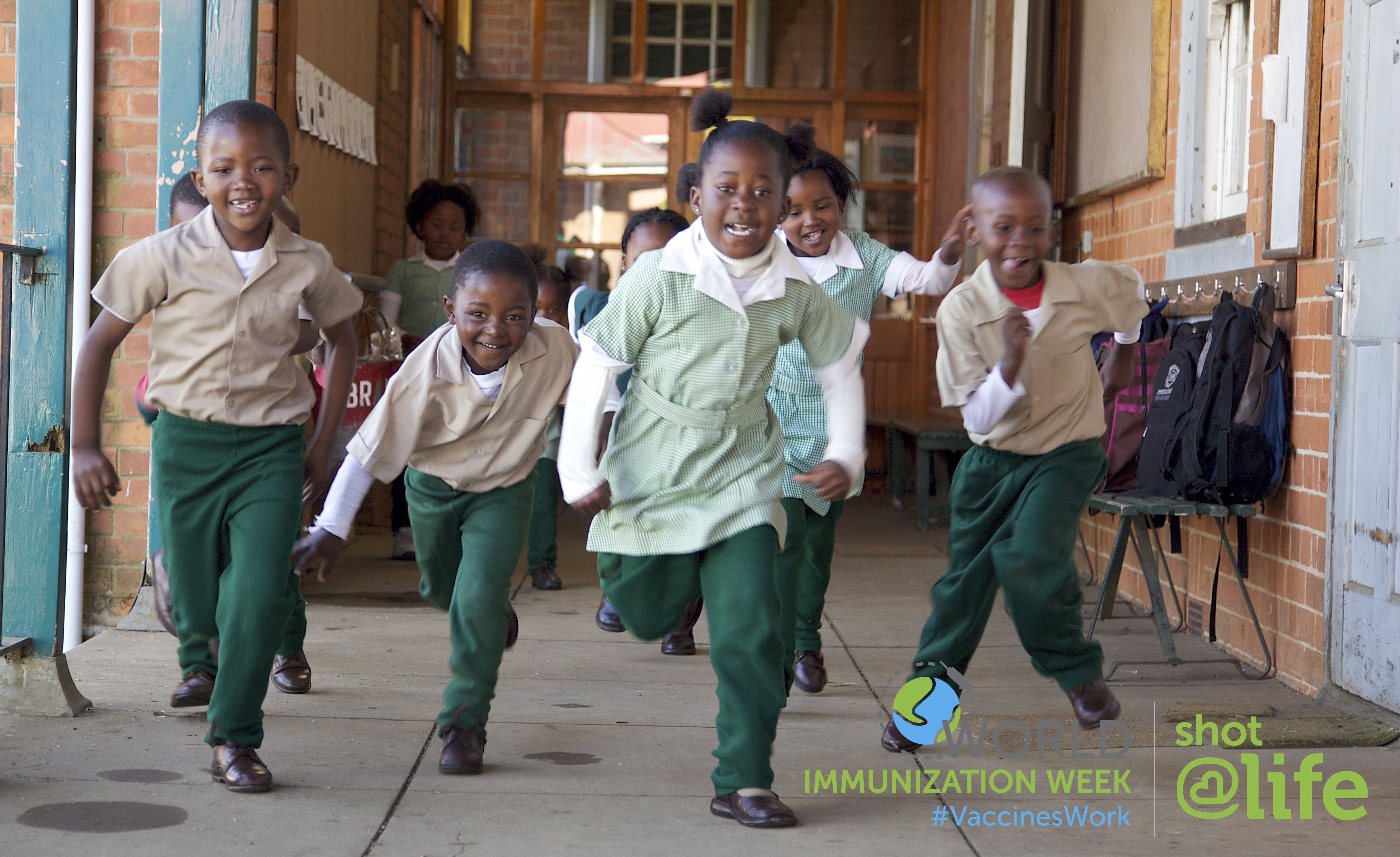What is the World Health Organization?
The WHO was created in 1948 as part of the United Nations. Its broad mandate to guide and coordinate international health policy has led it to become the preeminent global health organization in the world. Today, the World Health Organization monitors and provides guidance on diverse health issues, ranging from climate change to drug use and road safety. However, the organization’s most famous role is in the management of diseases. Some of WHO’s most famous accomplishments include the eradication of smallpox, the steep reduction in polio infections, and leadership during the SARS pandemic in 2003.
The World Health Organization’s headquarters are located in Geneva, Switzerland. However, WHO is a truly global organization, boasting 149 country offices and 194 member states. It is governed by delegates from these member states, who each vote on policy and choose the director-general for the organization. Dr. Tedros Adhanom Ghebreyesus is currently the director-general and also the first leader of the WHO from Africa.
How is the World Health Organization funded?
The WHO receives two types of funding: assessed contributions and programmatic contributions. Assessed contributions are the dues that each member state or country must pay to maintain their status. Alternatively, programmatic contributions are voluntary contributions that can be made in addition to assessed contributions. Organizations that cannot become member states, such as the Bill and Melinda Gates Foundation, may also make voluntary contributions.
Over the past several years, WHO has become increasingly dependent on voluntary contributions. The top voluntary donors are the U.S., the UK, and the Bill and Melinda Gates Foundation. In fact, the U.S. contribution to the World Health Organization constituted 22% of the entire WHO budget in 2020. However, this percentage only amounted to $122 million. Even the total two-year budget of the WHO, totaling $4.4 billion, is but a fraction of the yearly budget of some larger hospital systems in the U.S.
How has the World Health Organization addressed the COVID-19 pandemic?
On December 31 of 2019, WHO learned about several unexplained cases of pneumonia in China. The very next day, on January 1, WHO Geneva took action to verify these cases. The World Health Organization also began working with the Centers for Disease Control (CDC) as early as January 1.
Since then, the WHO announced and began implementing its formal COVID-19 defense plan, which is called the Strategic Preparedness and Response Plan. This wide-reaching roadmap involves establishing international coordination to respond to risks, scaling country preparedness and response, and accelerating research and innovation for possible therapies and vaccines.
This plan has manifested in many concrete approaches. During the same time period in which test distribution in the US nearly halted, the WHO supplied more than 1.5 million testing kits to 126 countries worldwide, and developed COVID-19 training courses in six languages. Additionally, WHO has convened 100 countries as part of the Solidarity Trial, which is helping to accelerate the development of a coronavirus vaccine.
How will the U.S.’ withdrawal from the World Health Organization hurt vulnerable populations around the world?
WHO is the global health organization with the most wide-reaching mandate to facilitate cooperation on health issues between countries around the world. Simply put, the World Health Organization cannot be replaced. Without U.S. contributions, WHO will lack crucial funding to conduct many of its important programs.
For example, the Global Polio Eradication Initiative is an organization embedded within the WHO that received funding from both the CDC and USAID. Since 1988, it has decreased the number of poliovirus cases in the world by 99.9%. However, if funding is not returned, polio could surge to 200,000 cases annually within a decade. Without funding, the international efforts against malaria and measles could be similarly devastated.
How will withdrawing from the World Health Organization hurt the U.S.?
U.S. withdrawal will also compromise the World’s Infectious Disease Early Warning System. This system benefits communities around the world, including the U.S., by providing an early warning for novel infectious diseases. The last several months have shown us plainly that diseases do not respect national borders. If one country is at risk, we all are at risk.
The CDC also depends on the WHO to negotiate information sharing during health crises. For example, early intervention by the WHO provided the U.S. with vital information on the outbreak in China during its beginning stages. Without this knowledge, the U.S. would have been even more severely disadvantaged in creating a plan to combat coronavirus.
Severing ties with the WHO will also block the U.S. from participating in the response to routine health efforts, such as the development of the annual flu vaccine. There are 83 different WHO collaborating centers in the U.S., some of which participate in developing the influenza vaccine. Due to withdrawal from the World Health Organization, the U.S. could be cut off from this process this year. Lack of information about the flu strain could lead to a more deadly flu season in the U.S. this year, which would put further stress on our already struggling health system.
In its 75 year history, the World Health Organization has experienced both successes and relative failures. The WHO is certainly imperfect, and in need of multiple reforms. However, reformation should not occur in the form of denying funding, particularly in the midst of the worst global health disaster of the past century.
The world is currently combating a dire public health crisis. There is no other organization with the same international reach as the WHO. Now is not the time to give up, but rather to focus our resources and combat this pandemic as a united global community. Shot@Life stands with the World Health Organization.



